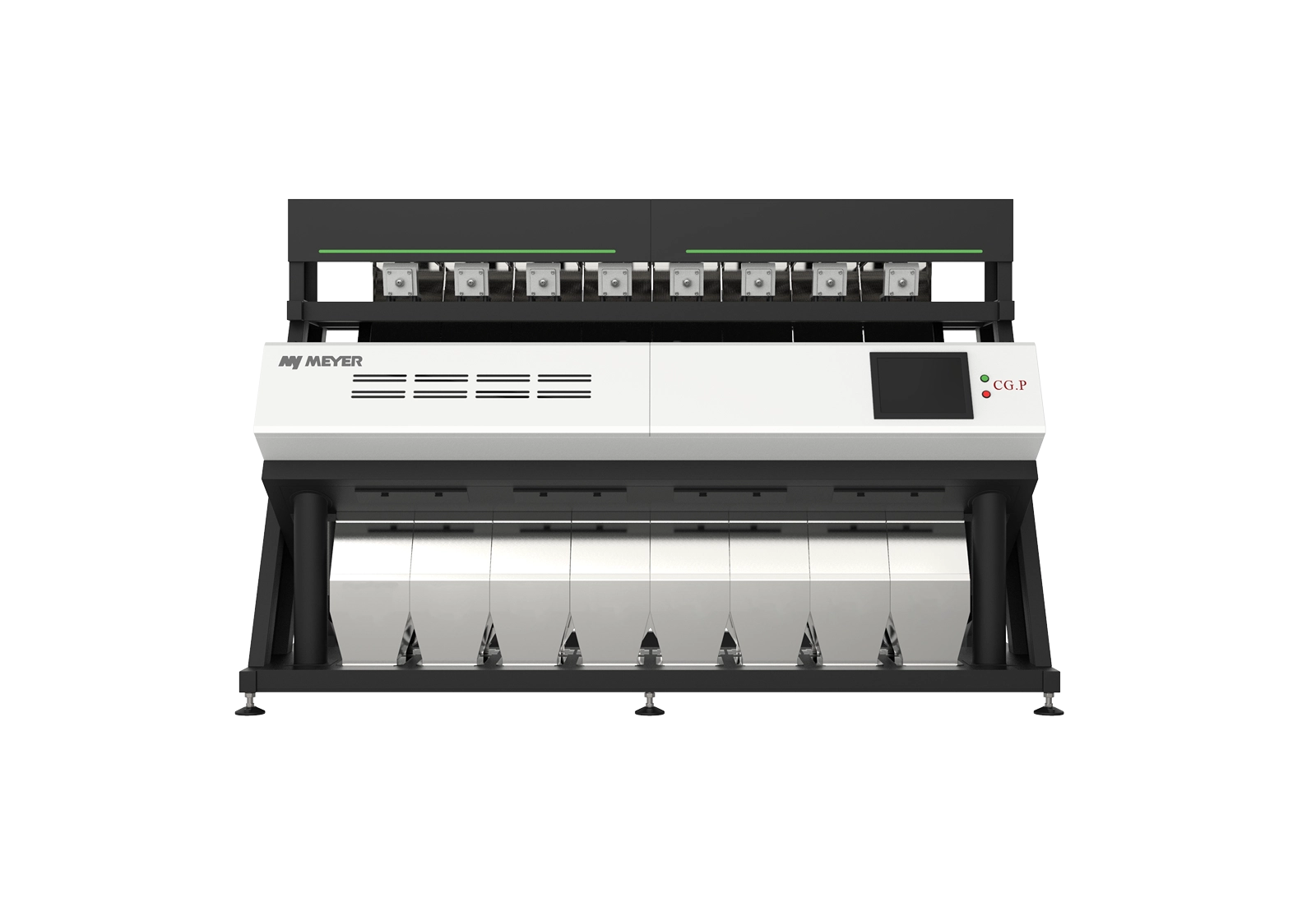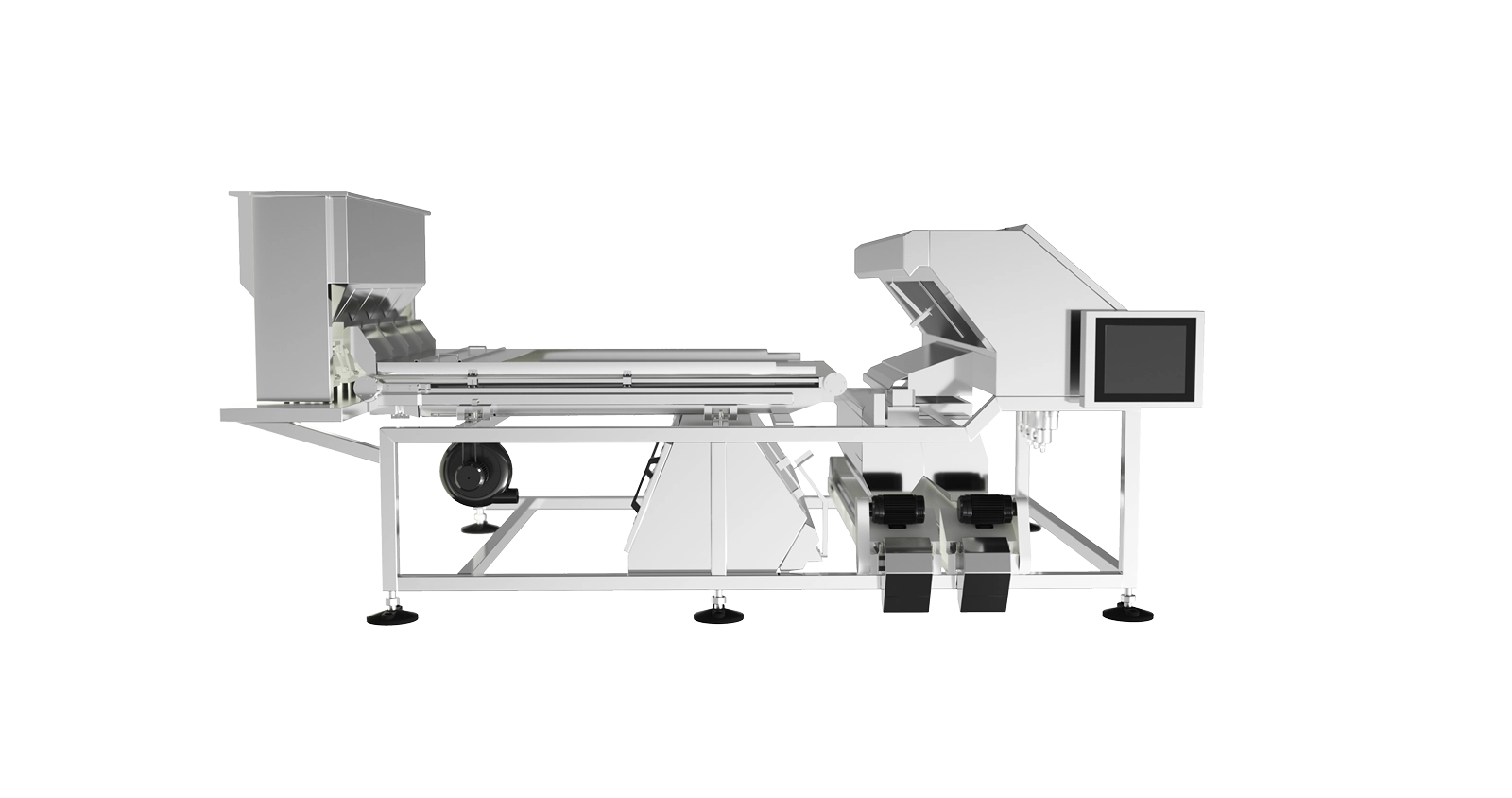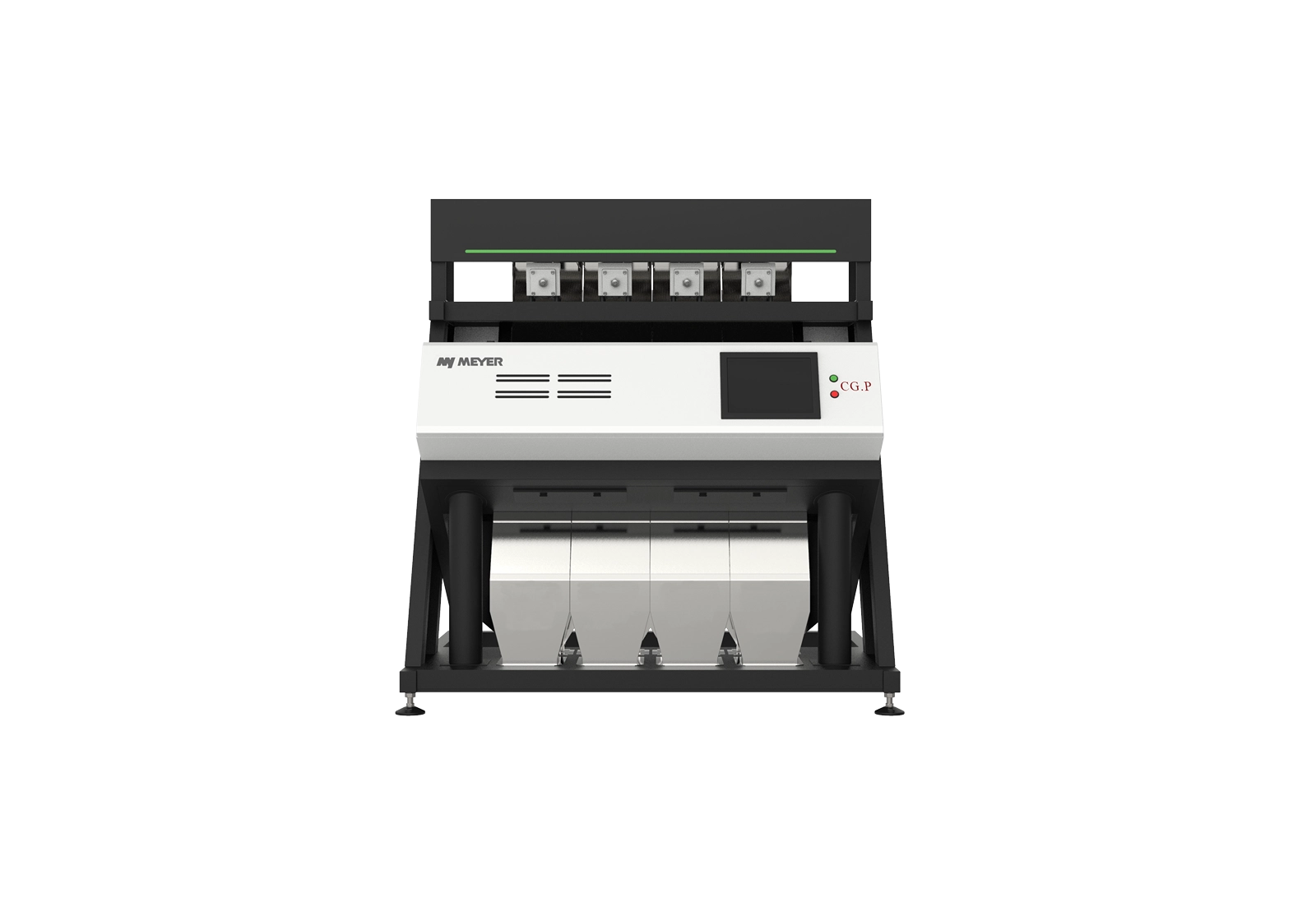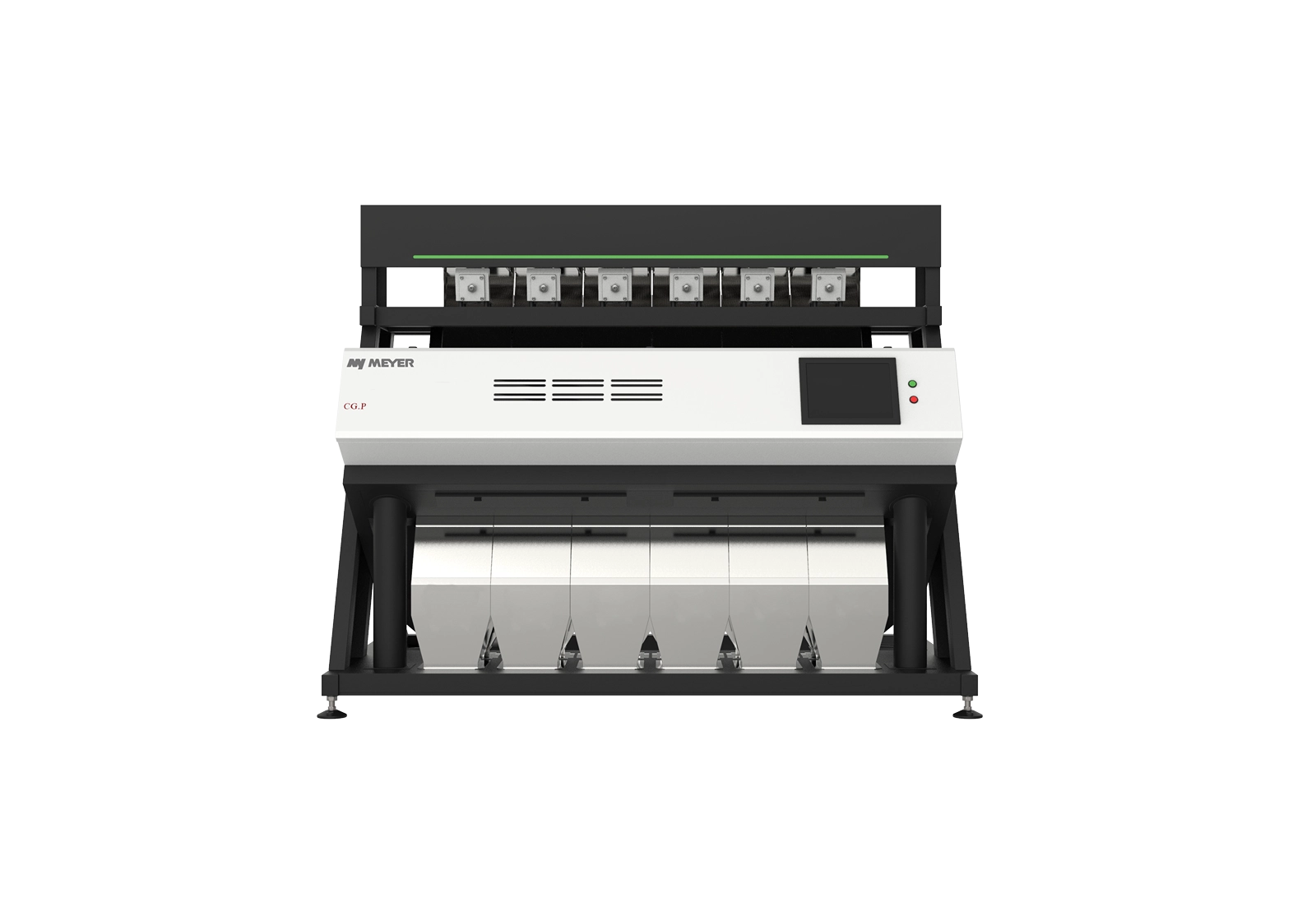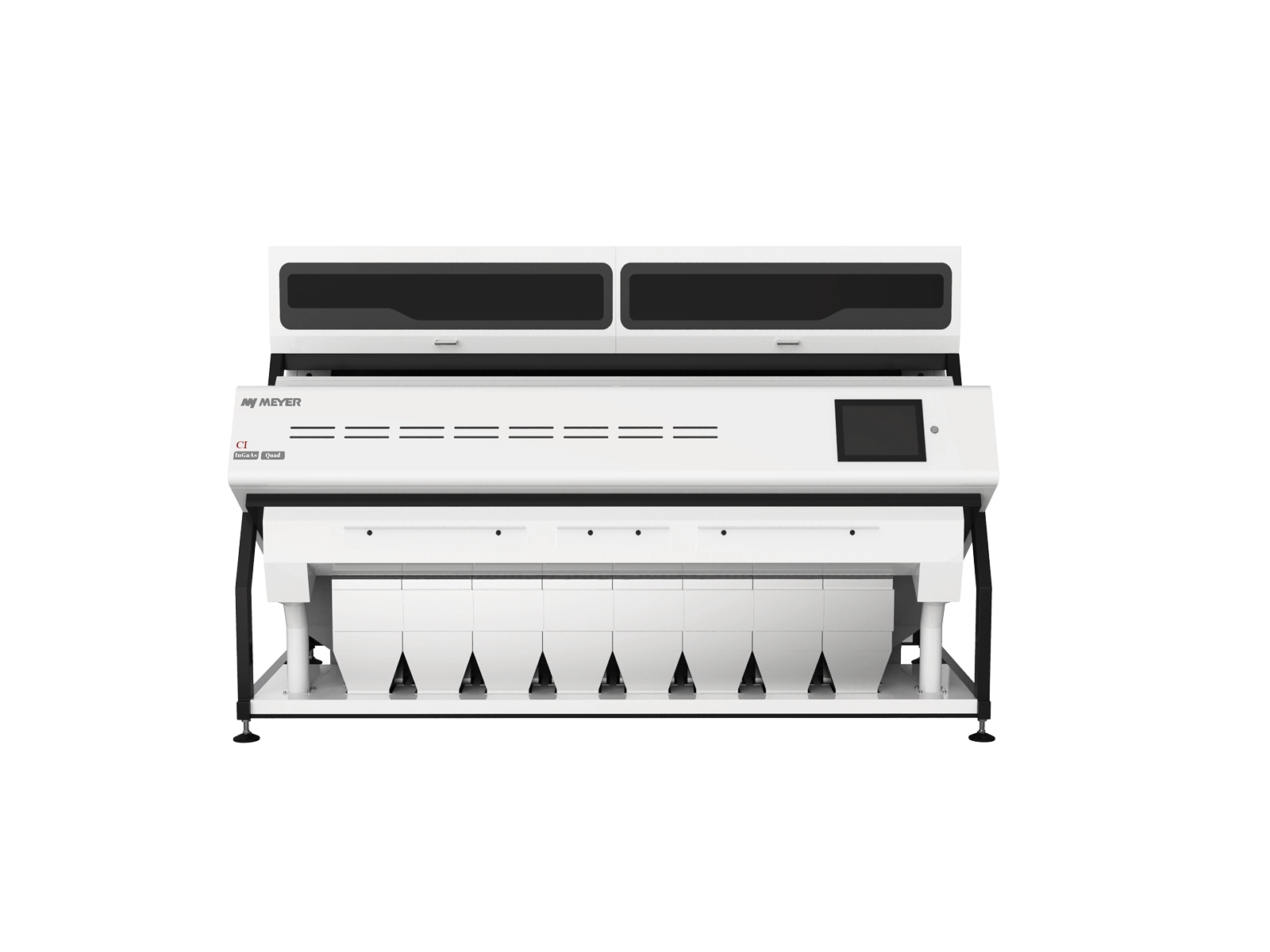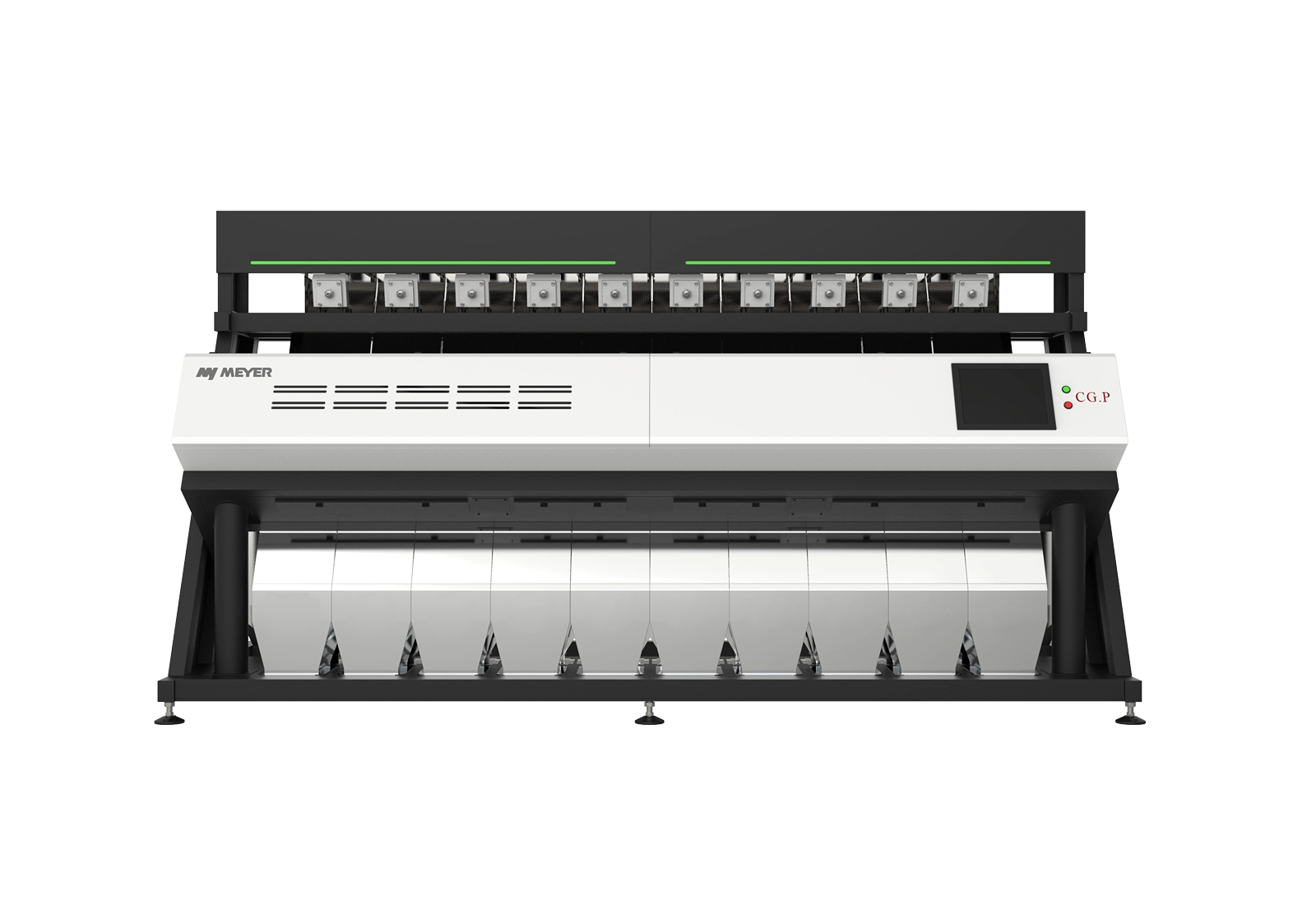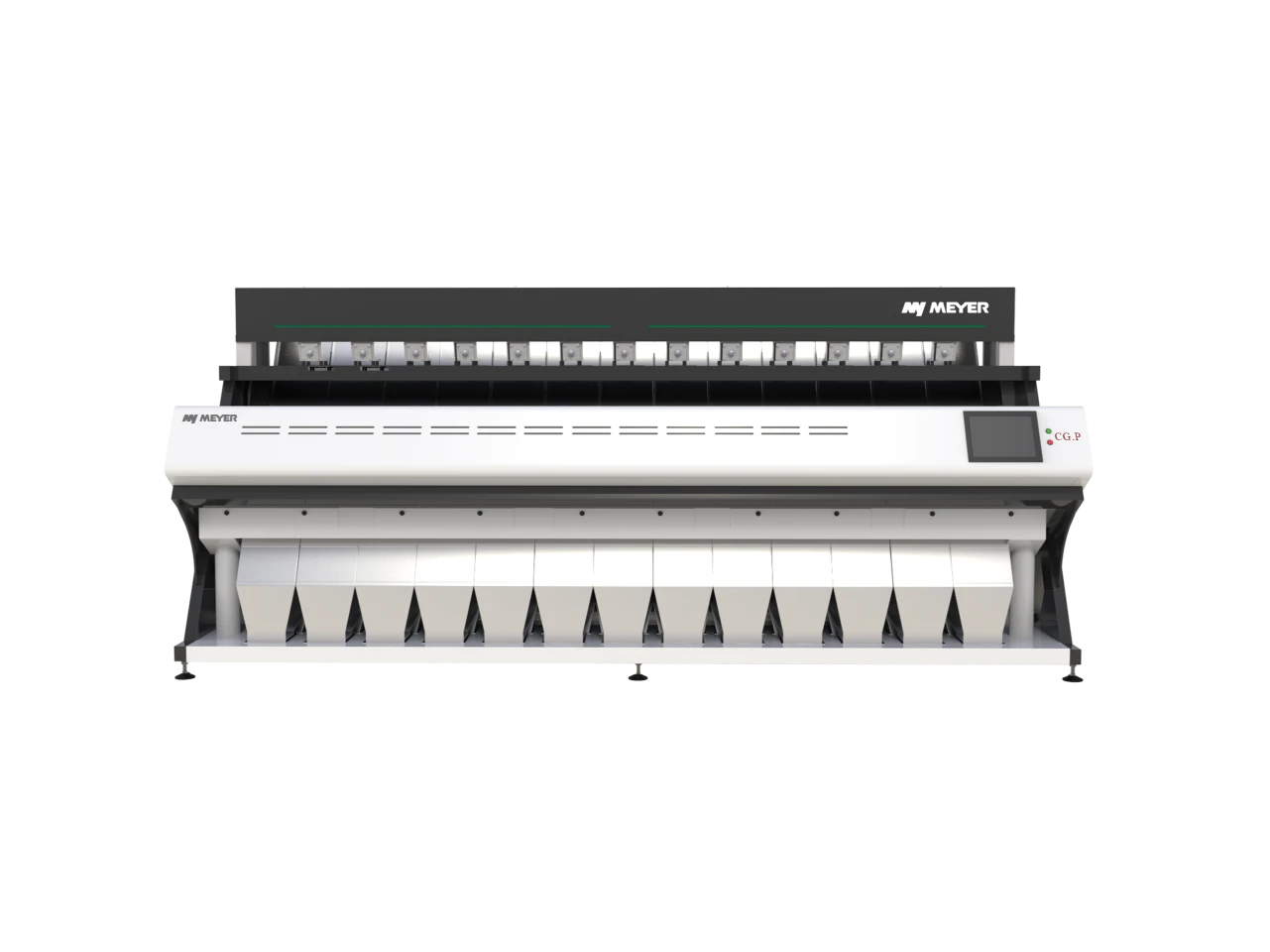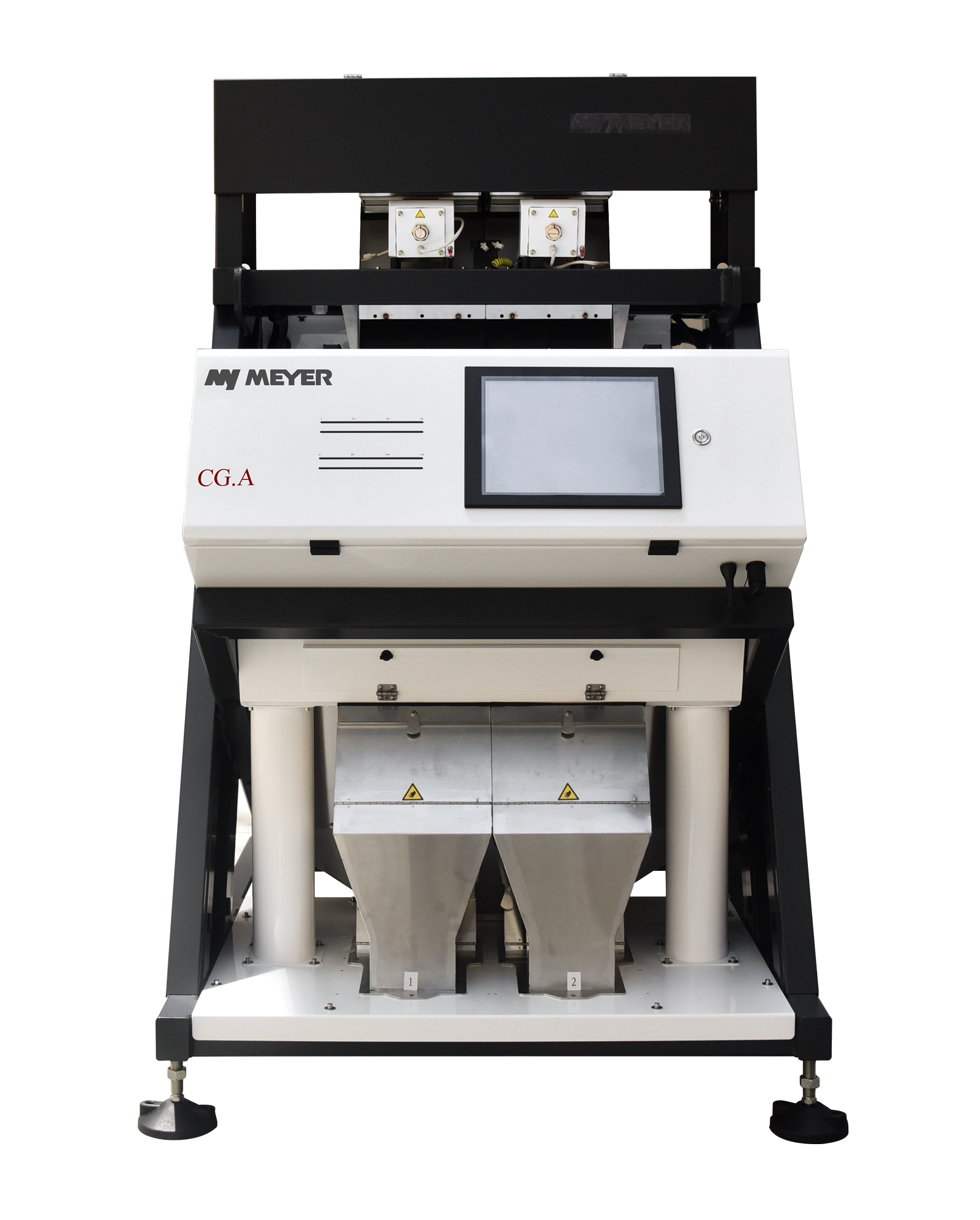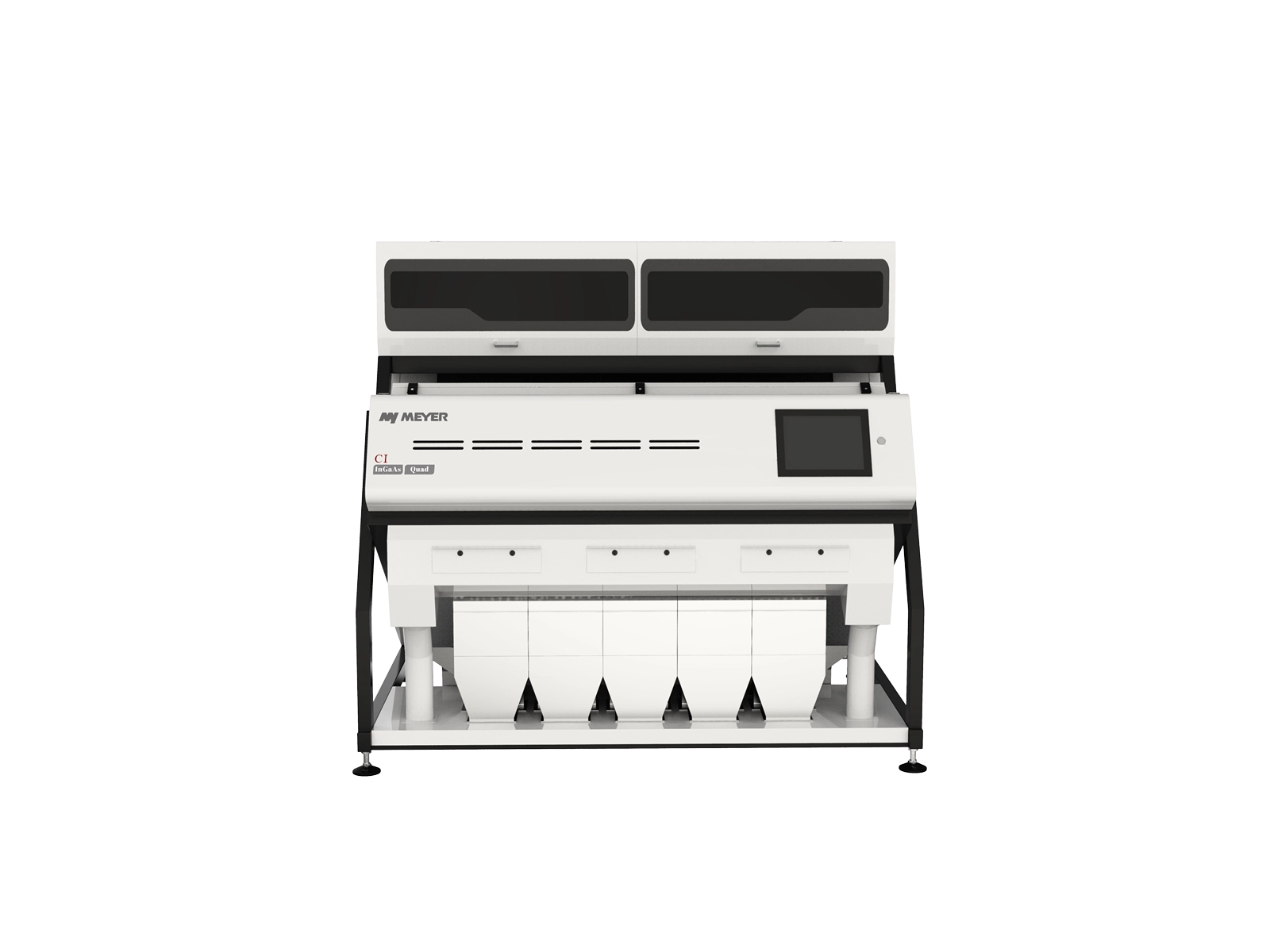PP sorting
Enhancing PP sorting efficiency with Meyer advanced sorting technology
Improve PP sorting quality and increase throughput
PP optical sorting process
The polypropylene (PP) optical and polymer sorting process is a method that utilizes advanced detection technologies to precisely separate PP from other materials (including different types of plastics, foreign bodies, and various contaminants). By using specialized cameras, sorting systems quickly identify the unique optical characteristics of polypropylene and use this information to classify the material fractions. This process not only improves the quality of the recovered material but also enhances the efficiency of the entire recycling process, enabling faster processing and cost optimization.
See sorting samples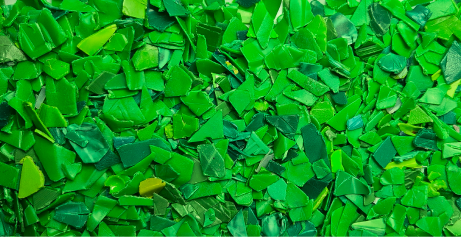
Best sorting machines for PP sorting
Benefits of using PP sorting machines
Increased purity and quality
Optical sorters can detect and remove discolored materials, foreign materials, and defects such as stones, sticks, or damaged grains. This results in higher purity and quality of the final PP product, meeting consumer and market standards.
Better Efficiency and Throughput
Optical sorting technology allows for the processing of large volumes of PP quickly and accurately, significantly improving throughput compared to manual sorting methods.
Reduced Labor Costs
Automated sorting reduces the need for manual labor, leading to cost savings and reduced human error in the sorting process.
Improved Product Value
Higher quality and purity of sorted PP can lead to better market prices and customer satisfaction.
Versatility and Flexibility
Optical sorters can be used for different varieties of PP and can be adjusted for different sorting needs, making them versatile tools in PP processing.
Reduced Waste
Efficient sorting helps reduce waste by ensuring that only genuinely defective materials are removed, while maximizing the amount of good product.
Data Collection and Analysis
Modern optical sorting systems can collect valuable data about the waste stream, such as composition and contamination levels, aiding in process optimization and regulatory compliance.
Decreased Environmental Impact
By increasing the amount and quality of recycled materials, optical sorters contribute to reduced reliance on virgin resources, lower greenhouse gas emissions, and a smaller environmental footprint for waste management operations.
Enhanced Product Safety
By removing contaminated grains or foreign objects, optical sorters help prevent potential health hazards, contributing to safer products.
Our clients’ stories
Frequently Asked Questions
What are the main benefits of optical sorting in PP recycling?
Optical sorting significantly improves the quality of the recovered material, as it allows for precise separation of PP from other plastics and contaminants. This process not only enhances the purity of the material but also increases the efficiency of the entire recycling process by reducing sorting time and minimizing material losses. Additionally, process automation helps optimize costs by reducing the need for manual labor and increasing throughput.
Is optical sorting of PP effective in removing contaminants?
Yes, thanks to advanced cameras, sorting systems can identify and separate PP from other plastics, metals, as well as foreign objects like glass or stones. This precision ensures that the recovered material is much cleaner, resulting in better-quality recyclate and reducing the risk of contamination in the subsequent stages of production.
Is optical sorting suitable for small recycling plants?
Yes, optical sorting is an excellent solution for small recycling plants as well. Optical waste separation systems allow for the recovery of high-purity materials, which increases their market value and facilitates further processing. The MEYER team helps choose the right sorter based on the company’s specific needs, regardless of its size. Our experts will provide the optimal solution tailored to the business requirements.
